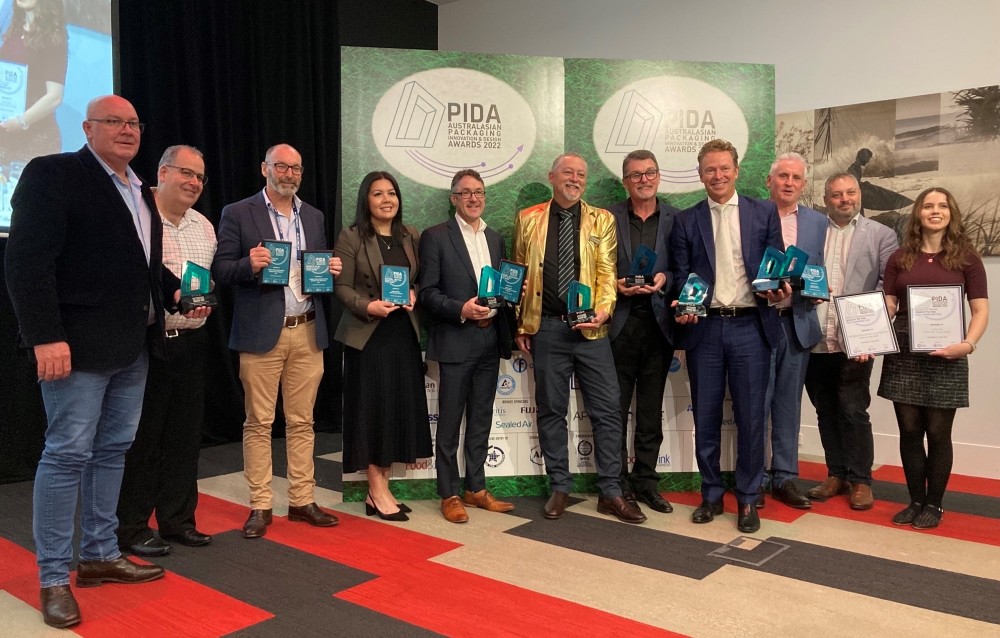Understanding McKinsey’s ‘Climate Impact of Plastics Report’ – the complexities of packaging
Sustainability
October 12, 2022Reading time: 2 minutes

Laura Claus, Sustainability Manager, Amcor Rigid Packaging
As a global leader in developing and producing responsible packaging solutions, Amcor knows better than most the critical role our products play in keeping food, water and medicine fresh and the challenge this brings.
At Amcor, we are proud to offer a variety of solutions across multiple materials – from flexible and rigid plastics to aluminum and specialty cartons, our mission is to provide our customers with the best solution for their needs while also minimizing their impact on the environment.
There can be no denying that plastics are often framed as unsustainable, so we were pleased to see new research, which confirms that plastics have one of the lowest carbon footprints. McKinsey & Company recently released a report, Climate Impact of Plastics, that calls plastics “among the most revolutionary materials humanity has invented.” This report is a welcome contribution to the debate around packaging sustainability as it explores the carbon footprint of various types of plastics versus other materials. The report indicates that no single packaging material - such as plastic, glass, metal, or paper - is an absolute leader across every attribute of packaging sustainability.
However, when it comes to total greenhouse gas (GHG) contribution, McKinsey (which focused solely on the U.S.) found plastics offered a lower GHG contribution compared to alternative options in 13 of the 14 cases examined. In some cases, plastic creates up to 90% lower GHG emissions than the next-best alternatives. These findings can inform important decisions within the industry when assessing the full effects of the supply chain from an emissions perspective. Namely, when it comes to variations in materials used for packaging, differences in carbon footprint across markets are largely a result of differences in the make-up of the electricity grid, and the availability of infrastructure that prevents leakage into the environment.
The report also revealed that in several applications, particularly in the beverage packaging category, there are few alternatives to PET bottles, which have the lowest emissions due to their lightweight properties and the low amount of energy required to produce them. Notably, McKinsey found that in the U.S., aluminum cans have two times the emissions of PET bottles and glass bottles have three times the emissions. Additionally, aluminum cans and glass bottles are more energy intensive to produce and are therefore more sensitive to the energy mix than PET bottles.
The report concludes by stressing the need for the industry to continue to make improvements in environmental performance, including meeting net zero targets, achieving significant improvements in recycling, and eliminating leakage into the environment – all areas that we at Amcor are passionate about.
We understand the role we play in ensuring the safe and secure delivery of a product to consumers. We also know we have a unique responsibility to meet our customers’ needs while helping protect the environment for future generations. We are proud to be leading the industry toward the development of more sustainable, responsible packaging.
The first step for us is to ensure that our products are designed to have the lowest possible environmental impact while also delivering on the exact requirements of our customers. We offer solutions across a wide spectrum of materials and work closely with our customers to help them understand the benefits of each solution. Just as there is no such thing as a one-size-fits-all answer to packaging for any number of different products, the McKinsey report is a reminder of the complexity of our industry and the value that we bring to our customers. With our unique capabilities and solutions across multiple packaging materials, we are committed to moving closer to a circular economy for packaging and to helping our customers on that journey.
